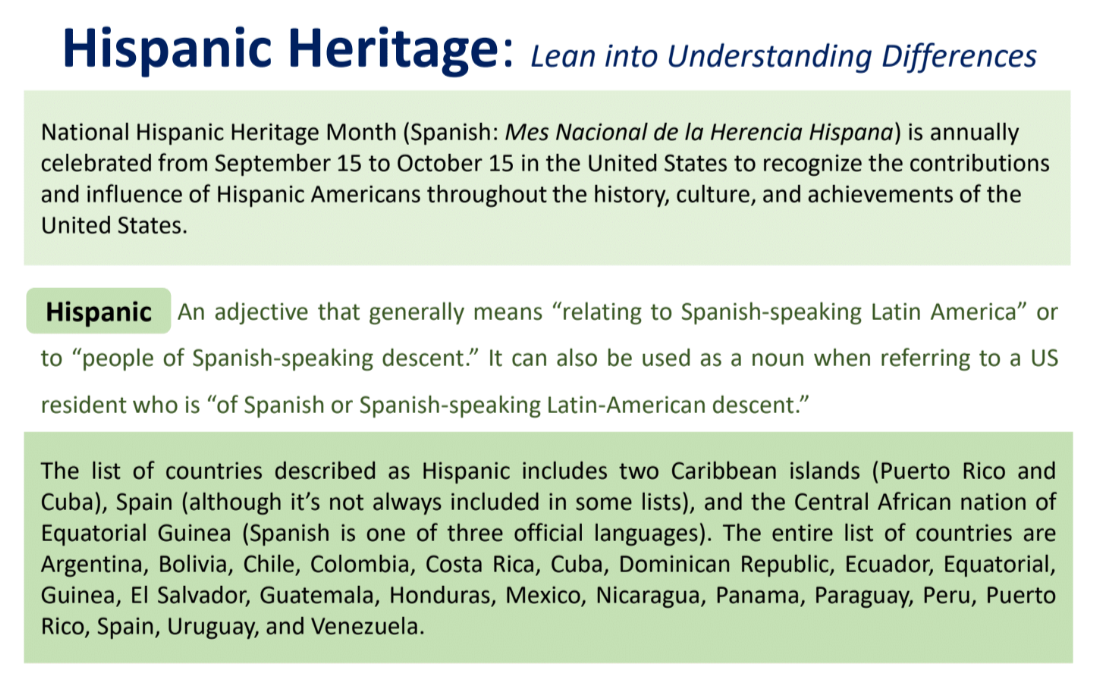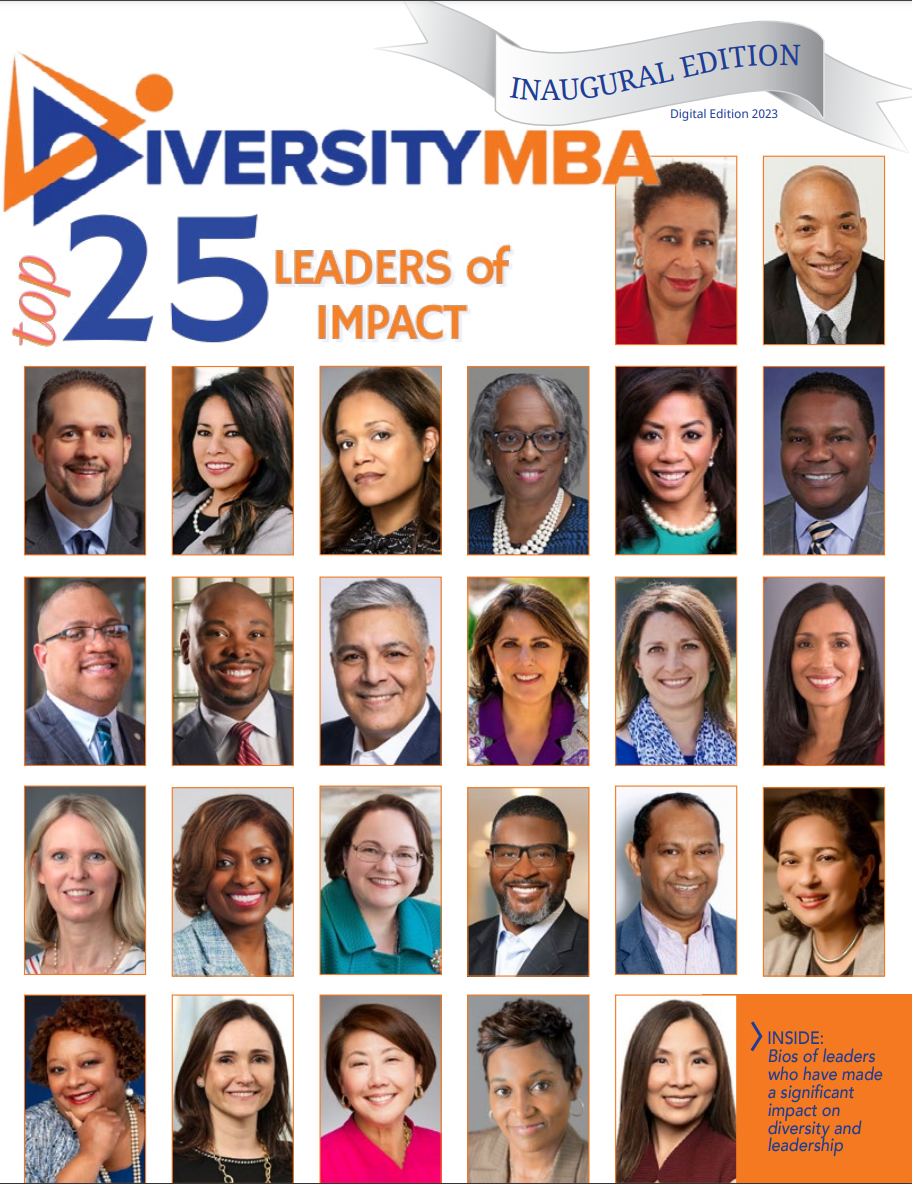Americans are increasingly choosing MBA programs at top business schools overseas, and particularly in Europe, says recent QS research. Although almost 80% of MBA applicants worldwide would consider studying in the States, a perceived lack of global awareness encourages some home-grown U.S. talent to seek new and different pastures.
“I wanted to get a more international worldview than the typical US school could offer,” says Eric King, an American full-time MBA student at top business school ESADE in Barcelona (Spain). King attended the QS World MBA Tour in New York to meet with admissions staff and alumni from ESADE as part of his business-school research. “Coupled with a strong passion for new experience, this is what led me to consider my MBA abroad,” he says. “I identified schools I felt would provide a similar academic challenge and degree equity as the top U.S. schools.”
American Kelly Longfield chose Cass Business School in London, motivated by a perceived lack of diversity in U.S. schools. “The U.S. is huge and our associations are more with Canada and South America,” she says. “Here, there is more access to the old world and emerging markets.”
Statistics reveal that American business schools have fewer international students than European competitors. The George W. Bush administration’s decision to slash H1-B visas to international students is partly responsible, though his successor has yet to confirm if he will move on reversing that decision. However, not all parties see a problem. Michael
Stepanek, MBA program director at UNC Chapel Hill’s Kenan-Flagler Business School, argues, “Naturally, it is our obligation to prepare graduates with skills appropriate for local markets, since recruiting organizations demand our students have local knowledge, applicable skills, and adaptable experience.”
Paul Danos, Dean of Tuck Business School at Dartmouth, suggests that American schools have a stronger global perspective than many believe. “If you ask international students why they came to a top U.S. MBA program, they would list many positives, including the broadening of their global perspectives,” he says. “The very best business schools in the world are all very global in their outlook, with some shading of interest and coverage toward the region in which the school is located.”
However there remain strong reasons why American students choose to study in Europe. The shorter program of one, as opposed to two-year MBA stints, allows students to return to careers more promptly, and at no expense to quality. Longfield notes, “The perception in the U.S. is that a one-year program is more for people sponsored by work, or who are older, and that the course is not so comprehensive. I realized it was normal in Europe, and that reputation and programs are very good. Wow, what they cram into a year.”
With the pound still weakened, the UK may now be even more attractive to US students than before. It seems that increasing numbers of Americans believe that the diversity and access to other markets offered by European schools, and the experience of living and studying overseas, may provide the best preparation for success in an increasingly global business environment.
Image courtesy of FT.com







